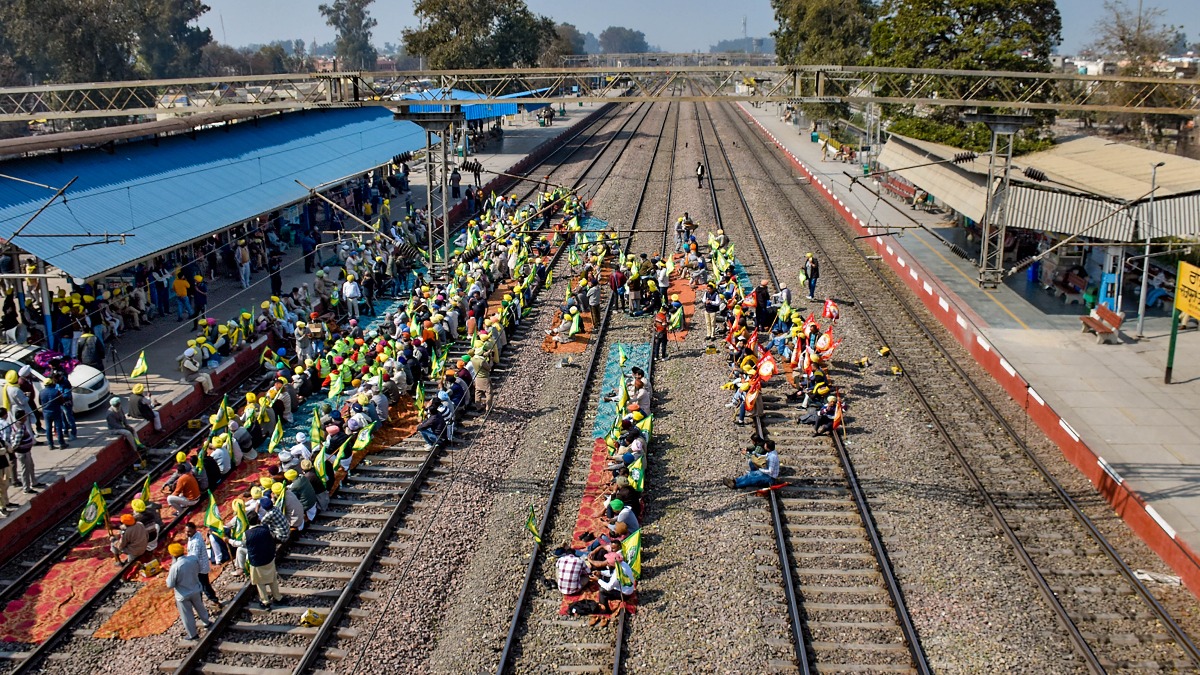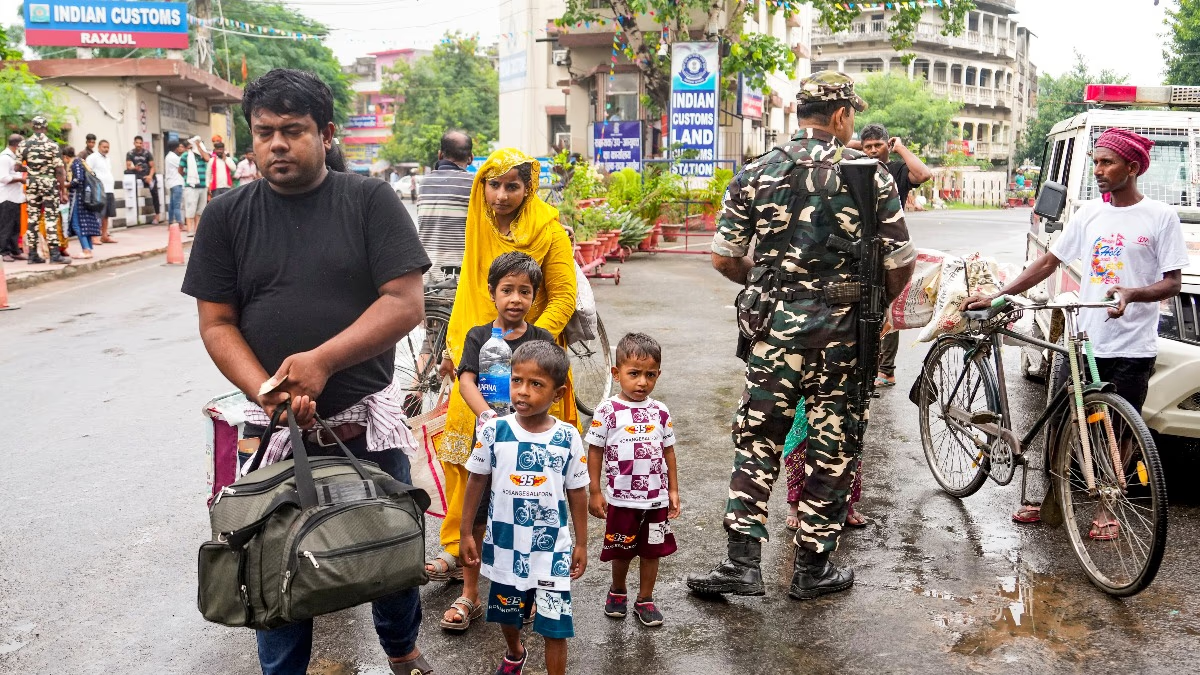The beginning of March marks the onset of protests by industrialists and business owners, all hailing from Punjab. These industry leaders are scheduling a significant demonstration against the central government on the first day of March.
This demonstration by business leaders is in opposition to a recent law enacted by the government. Specifically, last year an additional clause, (H), was introduced to section 43B of the Income Tax Act, which has since provoked widespread displeasure among the business community.
Business owners are demanding the retraction of this amendment and thus are arranging a 'Rail Roko' protest on the 1st of March.
It's claimed that section 43B (H) is a thorn not only for industrialists but also for micro, small, and medium enterprises (MSMEs), potentially leading to market disruption.
But, why?
Section 43B of the Income Tax Act of 1961 stipulates that certain business expenses such as taxes, duties, cess, fees, interest, and commissions are only tax-deductible when they are actually paid.
For instance, if these expenses were paid in the fiscal year 2023-24, they could be claimed to reduce tax liability in the assessment year 2024-25.
Last year, the government implemented clause (H) to section 43B, effective from April 1, 2023. This particular section applies to MSMEs, stating that any transactions with MSME suppliers must be compensated within 45 days.
The 45-day period begins from the day the goods are delivered. If payments extend beyond 45 days, then they would be recognized in the subsequent assessment year. Failure to fulfill payments within that time frame would result in treating those amounts as income and would be taxable accordingly.
Any supplier registered with the government's enterprise portal and identified as a manufacturer or service provider would be classified as an MSME supplier.
Let's understand this scenario...
Imagine purchasing commodities from an MSME supplier on May 1st, 2023. If the payment isn't completed by March 31, 2024, tax liabilities would accrue on that payment.
For example, you bought goods worth Rs. 2 lakhs on May 1st, 2023. According to section 43B (H), this amount should have been settled within 45 days. Since the payment wasn't made until March 31, 2024, it cannot be claimed.
Suppose you've declared a profit of Rs. 10 lakhs for the tax year 2023-24, but there's an outstanding payment of Rs. 2 lakhs. As a result, tax must be paid on the entire Rs. 12 lakhs.
On the other hand, if you completed the payment for goods bought on May 1st, 2023, within June 14th, 2023, you would not have any additional tax implications.
So, what's the problem?
Objectors argue that both buyers and sellers would be negatively impacted by this directive.
The concern is that imposing a 45-day payment limit could lead to a reduction in orders for MSME suppliers. Furthermore, if a retailer fails to make payment within this period, it will be considered income, entailing a tax obligation.
In such a scenario, the trade of MSME suppliers could cease, adversely affecting shopkeepers. Consequently, supply chains might be disrupted, leading to market turmoil.
Why was this rule implemented?
Experts believe the rule was introduced to ensure that smaller companies receive their payments promptly, as larger companies and retailers used to delay payments to suit their own convenience.
However, this rule ensures that MSME suppliers are compensated within 45 days, benefiting smaller companies and units.
Business owners recognize the advantages of the rule, but some commerce relies on long-term payment arrangements, and this new mandate has become a challenging issue.
What's the solution?
Trade associations are lobbying for the abolition of this rule. Some have submitted suggestions to the Ministry of Finance, anticipating some government modifications.
Earlier this month, the Clothing Manufacturers Association of India (CMAI) requested that the government gradually reduce the payment time limit.
CMAI suggests extending the payment period to 90 days by March 31, 2025, then reducing it to 60 days by March 31, 2026, and eventually setting it at 45 days by March 31, 2027.
Previously, the Confederation of All India Traders (CAIT) wrote to Finance Minister Nirmala Sitharaman, proposing the implementation of section 43B (H) be postponed from April 1, 2024, to April 1, 2025.




